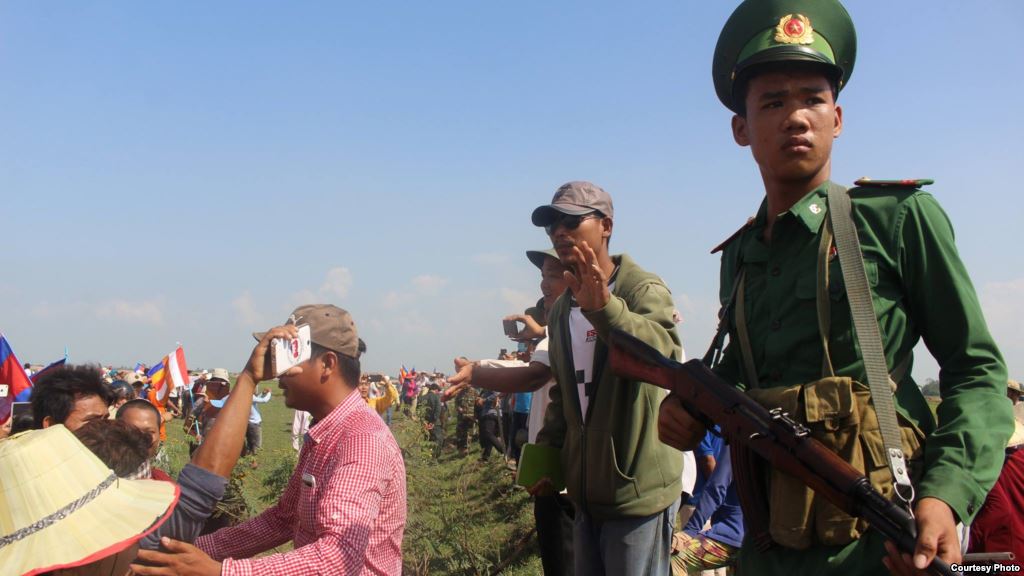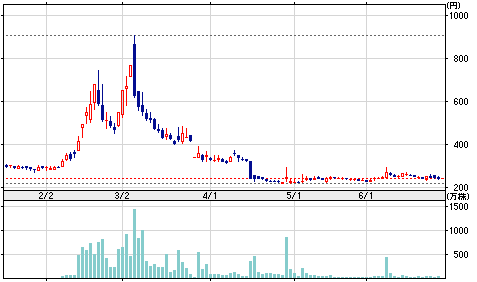Let me discuss what I am thinking lately since I have been inspired by one of the blog articles by Mr. Kato, “The business style of ‘the sharing economy’ has been exploding in Asia. Food safety and security are more essential keys than low prices”.
(Sorry, this blog is written by Japanese)
Since I have a lots of opportunities to visit another countries, I am super tired of being ripped-off in every considerable way. Nuisances by low-quality-taxi drivers (aka “rip-off” drivers), such as purposely detours, ignoring or refusing me a ride, are kind of easy ones. I have an experience, which is that an unfamiliar guy, who was insisting that he was one of his friends, barged into a cab and offered me a sightseeing guide or tried to take me a shopping by force. Fortunately, yet I haven’t had anything horrible one, like a burglary. However, one of my friends has experienced a terrible one at Tiananmen Square in China. He was taken to an off-street by a driver of a cyclo taxi (a bicycle taxi) and was surrounded and threatened by a gang group.
When I went to Vietnam for the first time, I was ripped-off by a taxi driver also. Since then, I am just holding distrust all taxi drivers in each country in general. However, my distrust was completely blew away by using Uber while I was staying in Hanoi for a whole August. It was a very shocking surprise I couldn’t even believe. The drivers of Uber were very polite, each of the car was clean, and the fees were clearly reasonable and amazingly cheaper than other taxies. I couldn’t stop thinking that this was what the era was seeking for and no one could stop this flow with any sort of forces.
The characters of the sharing economy business are generating and uniting lots of micro enterprises (ultra-small-scale independent businesses) and uncovering the fact of that enterprises with large top-down managements will be ended up near future. This Uber and Airbnb on Mr. Kato’s blog are great examples of this fact, I think.
In fact, it can be said that the same thing is happening to the field of agriculture. Because of the systematic efficiency and the cost reductions by the enterprises with huge-scale plantations, food products were successfully distributed to each country and brought some profit to the world. It was four years ago that we launched our plantation business in Cambodia because we also felt that the field of agriculture was going to be a big business due to the population growth and the food supply.
However, in the middle of the way, we have realized that this business won’t last long. Well, it is impossible in the first place to ask local people to do high-quality works with only three dollars per day. In addition, the daily allowance for the labor is increasing as the economic condition is improving. Now, as the daily allowance for the labor, we have to pay minimum five dollars per person, and depending on the season, it is seven or eight dollars per person. This amount is twice as big as the amount when we had started our farm. So, in the long run, if we’d like to own a large-scale plantation, we have only two choices; one is that making a methodical unmanned system or a perfect automation system (it is very hard to have either on in a developing country), and the other one is building enforced slavery by using economic slaves under the justice, which is “we are paying money to each worker”.
Additionally, as the business is getting bigger, frauds, garbage, and mistakes will be probably happened. Then, in order to prevent these issues, we have to install and maintain another system, which needs more cost as a result.
Huge taxi companies, huge hotel chains, and huge plantations are in the same boat. Each of them used to be a business model of the top-down management, which does the ultimate cost down to gain the biggest profit by uniting and managing inefficient small enterprises. On the other hand, under this business model, it is very hard to maintain products’ quality and eventually a company has to pay more attention and money to fix each problem which come out everywhere in their business.
It is said that the number of the guestrooms owned by Hilton Group, the biggest hotel chain in the world, and the number of the guestrooms registered on Airbnb are finally same, which is 600,000 rooms. Which one do you think, Hilton Group or Airbnb, goes along with the era? Hilton Group is a huge hotel chain but needs to manage all of this massive scale of rooms with their own top-down management. Meanwhile, Airbnb is a new business model but each owner of the hotels of Airbnb works very hard to improve his/her hotel quality to make a profit. The answer is as clear as day, don’t you think?
I think this is the exact example which may happen in the field of agriculture. By suggesting specific advantages to each ultra-small-scale independent farmer (a micro enterprises), we develop a model of a network organization to increase an individual productivity. Uber and Airbnb have proved that using internet makes even the network organization, not the top-down organization (in short, a business model which a boss orders everything to his/her employee),capable to get highly motivated people together to increase the productivity as a virtual huge-scale-organization.
As Mr. Kato is saying on his blog, the service of “the sharing economy” is comfortable for not only the users but the workers as well…, that is probable a key for the business explosion.







